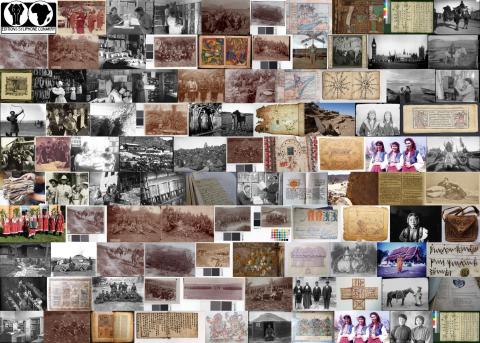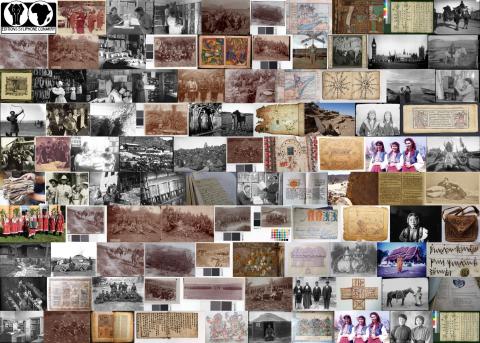
Aims and objectives
The project´s goal is to digitise a collection of manuscript documents deposited at the Arquivo Público do Estado da Bahia (Bahia State Archives-BSA): the 841 volumes of the Notary Records Books produced between 1664 and 1889, this last date being the year the Republic was proclaimed, and one year after the abolition of slavery in Brazil. The result will be approximately 450,000 images, which will be deposited at the BSA, the Federal University of Bahia, and the British Library, and will be made available online.
Until 1763, Bahia was the seat of the Portuguese colonial government in the Americas and a major sugar plantation economy based on African enslaved labour. Brazil was the largest importer of Africans, close to five million of the 11 million that were disembarked in the Americas. Bahia received 33% of the Brazilian trade and 14.5% of the total. Being an administrative and economic centre, and until the late eighteenth century the most important port of trade in the South Atlantic, the production of documents in Bahia was intense. In Brazil, BSA is considered to be second in importance only to the National Archives in Rio de Janeiro.
Despite its importance, the BSA occupies an inadequate (though charming) eighteenth-century building, too small for its growing collection, problematic in terms of climate control, located on a humid terrain, its roof made of colonial tiles easily pulled by strong winds and rain, among other structural problems. In the last two years electricity has been available only in a few rooms because of a general electric failure and risk of fire. The consultation room was moved to a small space where few researchers are allowed simultaneously, and until recently had to depend on natural light to read documents. After months of reports in the press, and pressure from researchers around the world, the state government has recently allocated money to fix the electrical system, a work in progress. This situation, coupled with the action of time, fungus, insects, and a very humid climate, has resulted in the deterioration, and often the destruction, of numerous documents. The project will target the Notary Books series for digitisation.
These documents represent perhaps the most dependable source for the study of the social and economic history of colonial and post-colonial Bahia up until the end of the 19th century. Here, researchers can read, amongst others, bills of sale (for plantations, land, houses, ships, slaves, etc), wills and testaments, inheritance partition, power of attorney letters, marriage, dowry, labour and business contracts, children’s legitimisation papers, and slave manumission papers. These are fundamental sources for the study of a major plantation society, the slave trade, slavery, the passage from slave to free labour, property transmission in rural and urban settings, planters and merchant’s marriage strategies, mercantile networks in the South Atlantic, biographies, among other themes. Research along these lines by Brazilian and foreign scholars have proven the richness of this source for the study of Bahia´s history and its connections with the Atlantic world, slavery and the slave trade in particular. Bahia was responsible for approximately 15% of the transatlantic slave trade to the Americas, a figure only surpassed by Rio de Janeiro.
The conditions of the Notary Books vary from readable, poorly readable, almost illegible, and illegible. Some are irrecoverable but many can still be restored and need to be saved in digital form before further deterioration or be destroyed by any unfortunate natural or human caused accident.
The project is based at the Faculdade de Filosofia e Ciências Humanas (School of Philosophy and Humanities) of the Federal University of Bahia (UFBA), and will be carried out by the “Slavery and the Invention of Freedom Research Group”. During the project the team will organise seminars with scholars and graduate students who have used, or are using, the Notary Books, at which time the project will be exposed to the media in order to sensitise society and government about the need to preserve historical documents.
Outcomes
The project team digitised 1,329 volumes of Notary Books that make up the collection deposited at the APEB. 35 books from the collection were deemed to be too fragile for digitisation. The dates for the volumes ranges from 1664 to 1910, therefore including the first two decades of the Republican and post-emancipation period. In total 306,416 pages have been digitised as part of the project.
The records copied by this project have been catalogued as:




